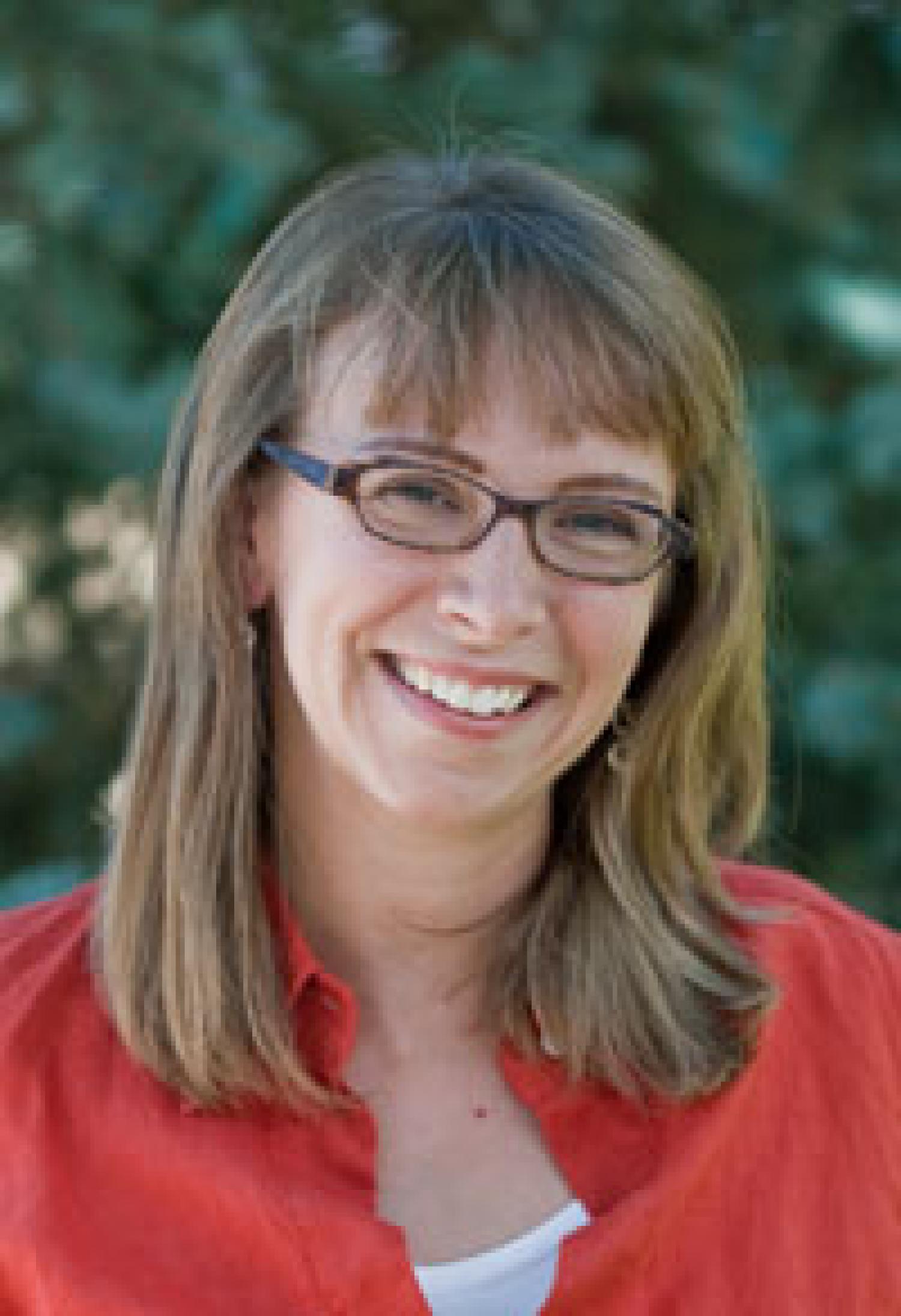Kids facing hardship grow up faster, feel older
When transition between adolescence and adulthood is missed, young adults can suffer preventable consequences, CU research suggests
To most Americans of today, the idea of adolescence—that period of transition from childhood to adulthood bracketed by the teen years—is unremarkable.
But scarcely more than a century ago, the idea was revolutionary, rising from societal changes such as child-labor laws and compulsory education that created a longer transition from childhood to adulthood.
Today, there is a vigorous discussion in the social sciences about yet another emerging social category dubbed “emerging adulthood.” Think of the 24-year-old still playing video games on his parents’ couch, where not so long ago he’d have been married, fully employed and possibly a parent.
But hold on a minute, says University of Colorado Assistant Professor of Sociology Stefanie Mollborn: It’s not quite that simple.
“This stage (emerging adulthood) is not adolescence, but it’s also not adulthood,” she says. “But it’s not true for everybody. Just ask (a young adult) who is disadvantaged.”
Mollborn is co-author of “Growing up Faster, Feeling Older: Hardship in Childhood and Adolescence” (Social Psychology Quarterly), which recently was named outstanding paper in the aging and the life course section from the American Sociological Association.
The truth is, Mollborn says, many kids who face challenges—such as growing up in with limited resources, living in single-parent homes or feeling unsafe in schools or neighborhoods—actually experience a subjective age that is older than that of their peers.
“When (kids) have hardship early in life, it is such a strong predictor of early transitions to adult responsibility. They have not gotten that period of freedom from responsibility,” Mollborn says. “The disadvantaged age more quickly.”
In a society that constantly conveys a message that childhood should be “innocent” and free of responsibility, such kids can wind up feeling that they’re outside the norm. Mollborn relates a story about a boy from a poor urban neighborhood who chafed at well-meaning teachers who treated him like a child, despite the fact that he’d taken on many adult responsibilities.
“He was thinking, ‘I’ve been a man longer than (the teacher) has been a woman,’” she says. “He was feeling like he’d violated social expectations.”
Growing up too soon can benefit kids by, for example, helping them take more mature approaches to solving problems. But it also can lead to negative consequences, such as depression and an earlier onset of substance use.
In her current research, Mollborn has tightened her focus not just to teen pregnancy, but also the effects on children of having a teen parent.
“The household resources, material and economic, are really quite compromised for kids of teen parents compared to their peers,” she says.
She notes that studies have shown a majority of kids living in poverty have a mother who was a teen mom. “You can’t talk about poverty in the U.S. without talking about teen parenthood,” she says.
Recently, Mollborn conducted interviews with 75 teen parents from the Denver area, as well as 55 students from different college communities, to learn more about their experiences and the messages they received about teen parenthood and sex.
“Her work … gives us a really good sense of what’s going on in the lives of teen moms and why it matters,” says Amy Wilkins, assistant professor of sociology at CU. “It also shows us what we can do to help them.”
While it’s clear that teen parents and their children face serious challenges, Mollborn says her research actually tells a positive story: The compromised development faced by children of teen parents is mostly due to lower resources.
“In fact, in households of teen parents where there is a modest set of resources” — for example, a grandparent who can help with child care — “they finish high school above the poverty line and have caught up to their peers who are not teen parents,” she says. “In other words, policy dollars can make a difference in early childhood.”


